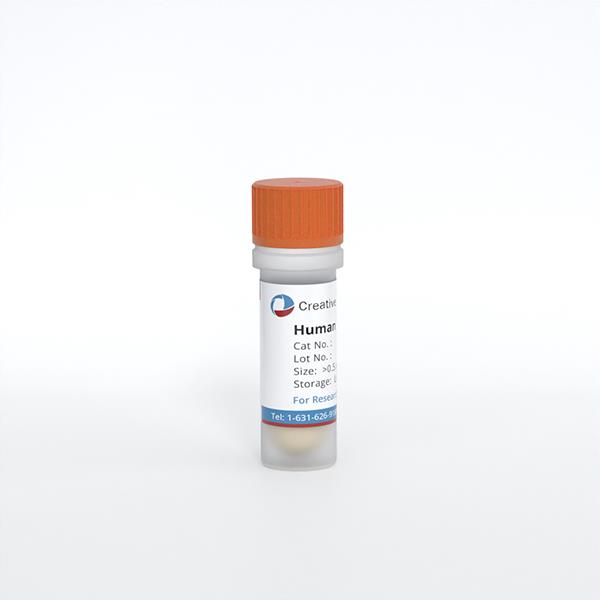Featured Products
Hot Products
ONLINE INQUIRY

Human Intestinal Smooth Muscle Cells (HISMC)
Cat.No.: CSC-7767W
Species: Human
Source: Intestine
Cell Type: Smooth Muscle Cell
- Specification
- Q & A
- Customer Review
Cat.No.
CSC-7767W
Description
Smooth muscle contraction is the fundamental event in gastrointestinal motion. Although many of the biochemical mechanisms underlying the excitation-contraction coupling are not yet defined, it is known that cytosolic Ca2+ is the essential component in the coupling phenomenon. Inflammation of the human intestine causes thickening of the smooth muscle layers which results from the increases in the smooth muscle-specific actins. The increased smooth muscle actins may affect force production and further demonstrate the plasticity of smooth muscle in the inflamed intestine. Studies also show that human intestinal smooth muscle cells respond to IL-1beta and TNF-alpha stimulation by releasing IL-6, which might significantly contribute to the overall systemic inflammatory response. The availability of human intestinal smooth muscle cells in culture will considerably enhance our ability to study the contractile, proliferative and connective tissue responses of the smooth muscle of the human gastrointestinal tract.HISMC from Bioarray Research Laboratories are isolated from human intestine. HISMC are cryopreserved at passage one culture and delivered frozen. Each vial contains >5 x 10^5 cells in 1 ml volume. HISMC are characterized by immunofluorescent method with antibodies to Α-smooth muscle actin and desmin. HISMC are negative for HIV-1, HBV, HCV, mycoplasma, bacteria, yeast and fungi. HISMC are guaranteed to further expand for 15 population doublings in the condition provided by Bioarray Research Laboratories.
Species
Human
Source
Intestine
Cell Type
Smooth Muscle Cell
Disease
Normal
Storage and Shipping
Directly and immediately transfer cells from dry ice to liquid nitrogen upon receiving and keep the cells in liquid nitrogen until cell culture needed for experiments.
Citation Guidance
If you use this products in your scientific publication, it should be cited in the publication as: Creative Bioarray cat no. If your paper has been published, please click here to submit the PubMed ID of your paper to get a coupon.
Do you have a history on the patient from which these cells were isolated? Presumably they are from a healthy individual (at least no gut-related pathologies)?
HISMC are isolated from a healthy individual.
How many passages will these cells last for?
Human Intestinal Smooth Muscle Cells are guaranteed to further expand for 15 population doublings under the conditions provided by Creative Bioarray.
Ask a Question
Write your own review
Related Products

